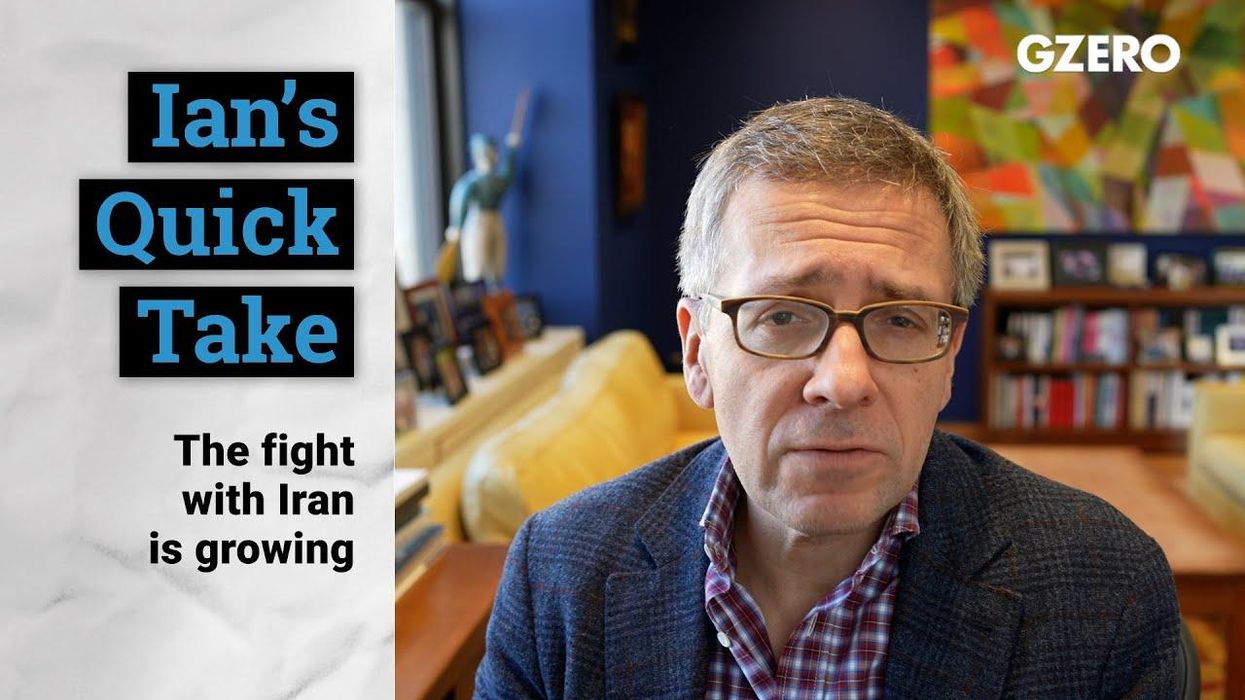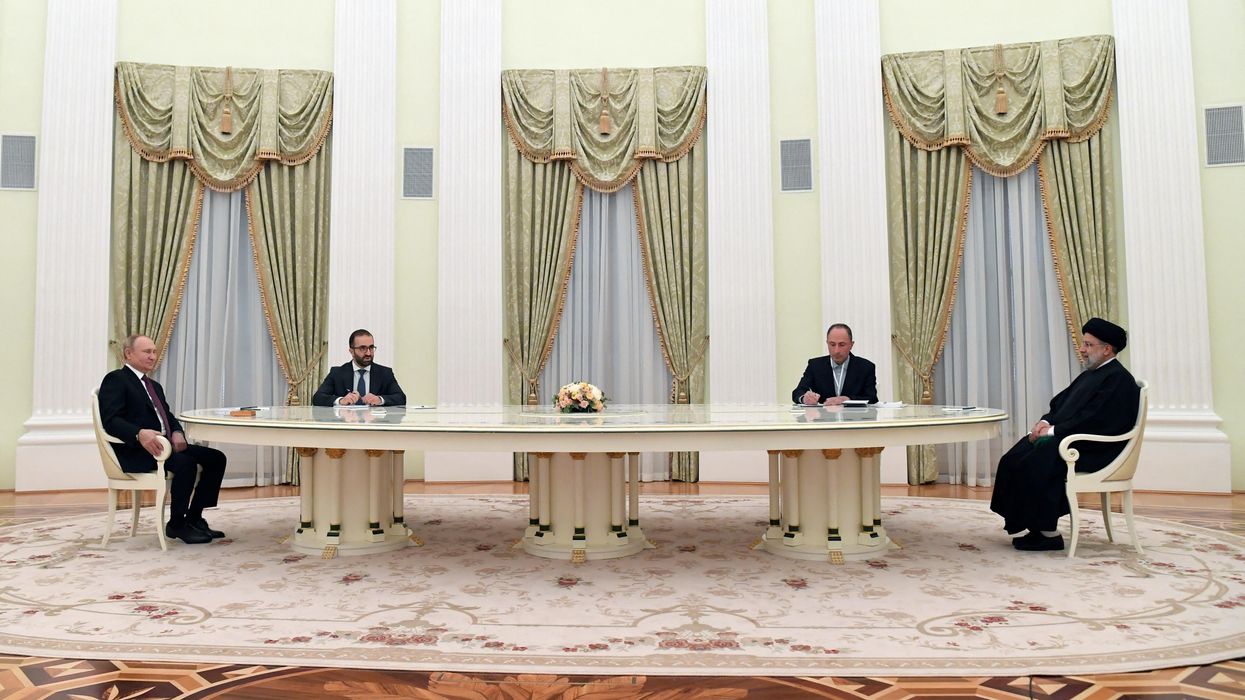Quick Take
The fight with Iran is growing
Ian Bremmer's Quick Take: Hi everybody. Ian Bremmer here, and a Quick Take to kick off your week. And we see over the weekend, strikes, drone strikes, explosive drone strikes against Iran, the city of Isfahan, and in particular a major military facility responsible for the production of drones and ballistic missiles.
Jan 30, 2023


